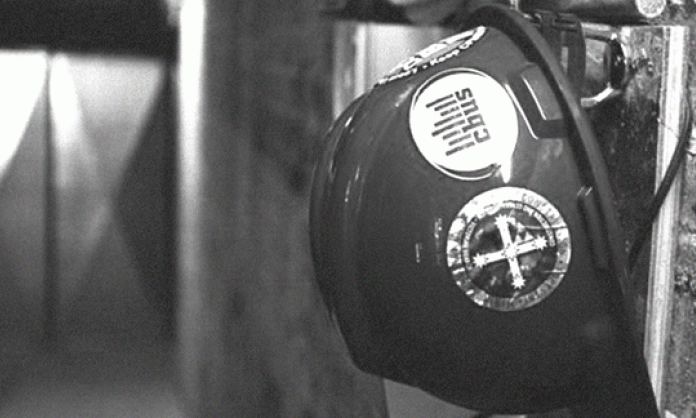Control of industry superannuation funds is a prize that the government and the bosses will go to any length to win, even spending tens of millions on a royal commission to get hold of them. And the Heydon commission looks set to deliver on this. On 31 October, its senior lawyer delivered an interim submission which should help the government put its case.
Australia’s ruling class and its media acolytes have reported Jeremy Stoljar’s latest missive in something approaching an orchestrated frenzy. With the Australian Financial Review writing about “explosive findings” and “breathtaking castigation”, you might expect something new in Stoljar’s submission.
Instead, there are regurgitated claims of blackmail, threats and cartel-like behaviour, along with alleged breaches of industrial, competition and privacy laws.
Among all this, however, is a clear indication of one of the commission’s central aims – to break the union’s superannuation “business model”. What they’re aiming at is union influence over the investment decisions of large industry-based superannuation funds in which union representatives sit on boards and hold trustee positions.
As well, as bosses and the AFR regularly complain, unions can exercise their industrial strength in enterprise agreement bargaining to direct employers to pay into union-related superannuation, severance, income protection and training funds.
Blue collar workers won superannuation in Australia only after a determined fight in the 1980s. The employers bitterly opposed the campaign and fought tooth and nail against union involvement in the funds that were established. Although the initial demand was that the funds be entirely union-controlled, the ACTU and Hawke Labor government eventually ceded employers 50 percent of the governing positions.
Now Stoljar’s accusations of a “conflict of interest” between the unions and the funds leads the AFR to conclude sanctimoniously, “As for the industry super fund sector, its insistence that the equal representation board model is optimal just got a whole lot weaker.”
The commission is setting the scene for charges under industrial, criminal and, now, corporations laws to strip unions of their industrial strength.
The AFR has already demanded that the financial regulator, APRA (Australian Prudential Regulation Authority), investigate the “workplace culture” of the funds. “How much notice did APRA take of a threat two years ago by the CFMEU to dump Cbus as the default fund for tradies as part of an industrial dispute with developer Grocon?”, the paper asked. If it’s not already a crime for the CFMEU to use its influence over the funds to further its industrial interests, surely it should be, it argues.
Stoljar is trying on any and every charge against union officials. If convicted of a criminal offence, many stand to lose their positions or be deemed “unfit to govern” in the case of the superannuation boards.
This attack on union-related super funds is no minor quibble over who sits on a company board. It is part of the government’s all-out attack on the unions’ industrial power.
Day after day, week after week, the commission characterises ordinary legal union activity as criminal. It assumes, as the ACTU’s Tim Lyons argues, that “union power, is, de facto, illegitimate, to be tolerated at the margins, if at all”. A union with no power, he adds, is not much use to anybody.











